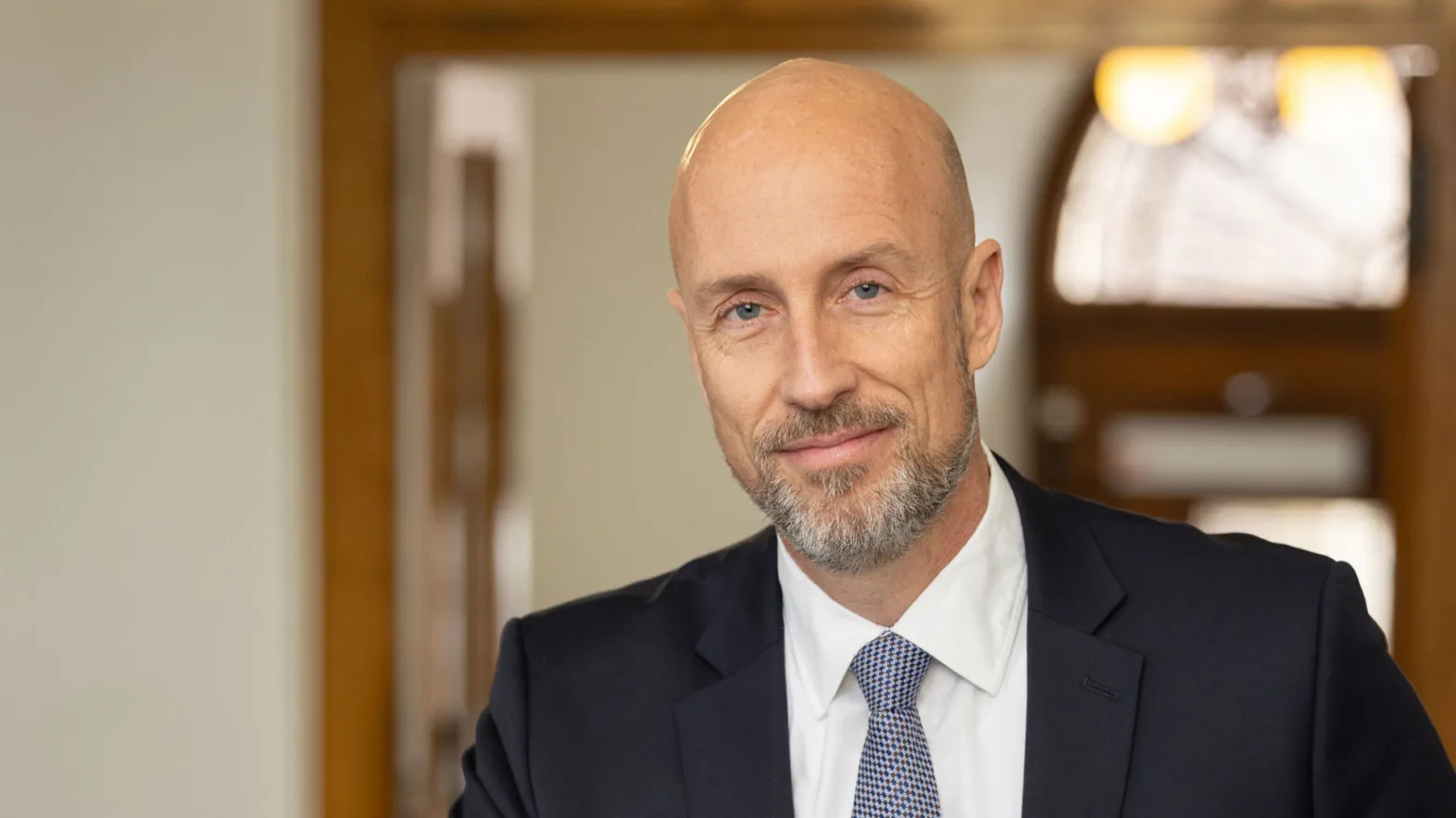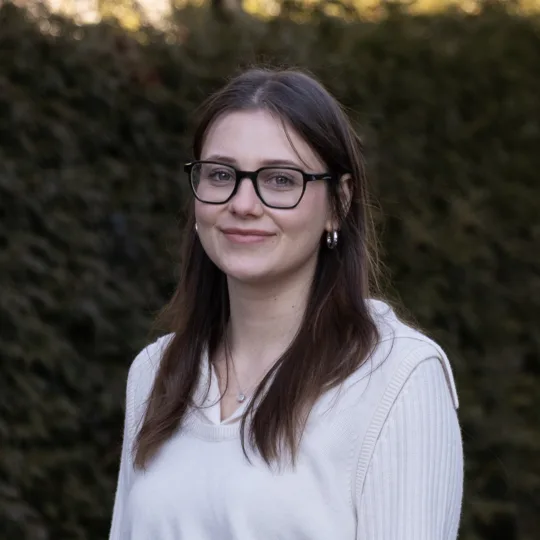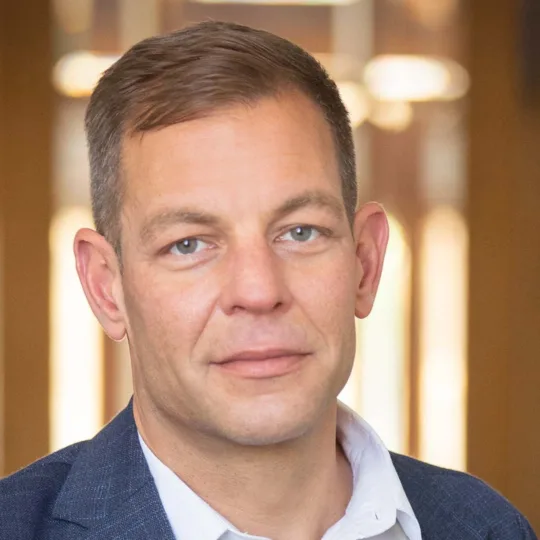(Inter-)national cooperation in programmes and organisations: working together brings added value
Some things are more easily achieved as a team – whether it is building a house, playing football or delving into the quantum structure of space-time. This principle also applies at international level in the area of education, research and innovation (ERI).

The State Secretariat for Education, Research and Innovation (SERI) plays a pivotal role in establishing the legal and financial conditions needed for Switzerland to successfully take part in international programmes and organisations relating to education, research and innovation. SERI’s efforts ensure that multilateral cooperation, in particular, can take place in an efficient, effective and sustainable manner. The pursuit of favourable regulatory conditions is just the starting point. The aim is to create a flexible environment in which ideas, innovations and opportunities can be developed and nurtured.
Focus on people: researchers, innovators and learners
International cooperation in education, research and innovation always focuses on people: students in vocational and educational training as well as in universities, researchers and innovators. Their skills and contributions enrich both the Swiss and international ERI landscape. These creative minds and (future) professionals develop their skills with the future in mind. They also work at the forefront of human knowledge and capabilities, exploring the boundaries of what is technically feasible. They endeavour to combine their strengths and work together on joint international projects, because there are no borders when it comes to ERI. The ideas of the various stakeholders should be given the attention and space they deserve. In this manner, they can then be developed at national or, where appropriate, international level.
Our task is to address the needs of stakeholders by offering both guidance and freedom for international cooperation in ERI-related programmes and organisations. While a rigid set of rules may provide certainty, it can also have a dampening effect on creativity. Instead, we seek to create an environment in which stakeholders can work freely, provided they act with scientific, ethical and economic integrity. At the same time, overarching factors such as the current geopolitical situation or the issue of dual-use technology must always be taken into account. Through Switzerland's participation in international programmes and organisations, Swiss ERI stakeholders are able to pursue activities at global level. We also improve general conditions by actively helping to shape the international strategies, policies and agendas in which international cooperation takes place.
International programmes and organisations as catalysts
EU programmes such as Horizon Europe, Euratom, Digital Europe or Erasmus+ are prominent examples of frameworks for international cooperation in education, research and innovation. They enable stakeholders in Switzerland to take part in international projects at their own initiative, to actively help to shape them and to gain experience working and travelling abroad. Access to these multilateral programmes is crucial, as international projects and activities are much easier to set up within such programmes than outside them. This is because programmes enable one to forego the need to negotiate everything from scratch for each project and activity. In the Horizon 2020 programme (2014-2020), for example, Swiss institutions were involved in R&I projects with partners from no fewer than 136 (!) countries.
In addition, Switzerland has a tried-and-tested approach of supporting bottom-up initiatives and minimising top-down directives. This approach enables research interests at grassroots level to be taken into account, encourages a wide range of research topics and ensures that the Swiss research community is able to pursue international activities at variable levels of intensity. Successful examples include Swiss participation in international research organisations such as the European Organisation for Nuclear Research (CERN), the Institut Laue Langevin (ILL), the European X-Ray Free-Electron Laser facility (X-FEL) or the European Spallation Source (ESS) facility, in which Switzerland is actively involved as a member state.
All international programmes and organisations in the ERI sector share the common feature of serving as a platform for networking, information exchange and cooperation. Their legal and financial structures help to accelerate the process of acquiring new knowledge and enable this knowledge to be applied to societal challenges more effectively.
National and international integration
The boundaries between international and national levels in the ERI sector are by nature quite fluid. For this reason, SERI’s Divisions International Programmes and Organisations and International Relations work closely with SERI’s National Research and Innovation Division on a regular basis. The common objective is to serve Switzerland’s interests by pragmatically addressing the needs of Swiss ERI stakeholders. Ultimately, the aim is to overcome both national and global hurdles in order to achieve a better life for everyone.
Conclusion
International ERI cooperation is vital for Switzerland. It allows us to tackle global challenges, facilitates knowledge transfer and skills development, thereby enhancing our country's appeal for talented individuals and investment. By creating general conditions that are flexible and supportive, SERI contributes to the sustainability of international cooperation.
In all of this, the mindset of the public administration when working on behalf of policymakers is also important: Let us create a space for ideas to flourish and listen to the people who are both willing and able to fill this space! This is the only way in which we can successfully rise to the challenges of our time and ensure that education, research and innovation are carried out across borders, effectively and efficiently.


